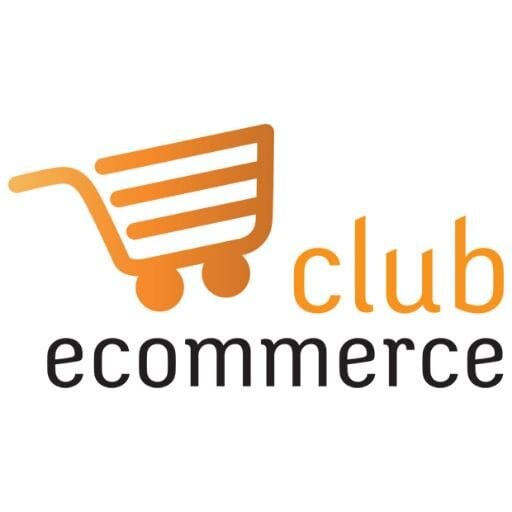El eCommerce It has become one of the main drivers of the world economy and evolves continuously. More and more e-commerce pure players are betting on the opening of new markets outside their borders. To give a boost to the sector and help those companies that want to internationalize, E-Commerce Club organizes the next October 29 and 30 in Barcelona the Cross Border Summit 2015, a two-day event in which all the solutions that can add value to an online store are presented when opening a new market.
During October 29 and 30, Cross-Border Summit 2015 will feature companies that offern logistics solutions or means of payment, as well as other more specialized ones such as Marketplaces international, expert solutions in taxation (for example the management of VAT in different countries), agencies of online marketing specialized in specific markets, and without forgetting recruitment agencies that can help you find the professionals who will manage your activity in the country in question.
Cross-Border: expanding the borders of online stores
Ronan bardet, founder of the E-Commerce Club, explains some factors to take into account and challenges to face when starting commercial activity in a new market.
Bardet explains that eCommerce has long ceased to represent a promising future for many companies to become, in the present, one of the greatest growth engines of our economies. For this reason, if the mature players in the electronic commerce sector want to continue growing, they should not go to attract new customers in their market by investing more in marketing, but rather they should bet on the opening of new markets outside their borders.
However, when starting commercial activity in a new market, some factors must be taken into account and know in advance the biggest challenges that we are going to encounter.

Current challenges of Cross-Border eCommerce
Bardet reminds us that before starting a new activity outside our borders we have to be clear about the difference between “Near-Border” and “Cross-Border” sales. The first would be, for example, for a Spanish store to sell in France or Germany, which does not pose so many problems at a fiscal, legal and logistical level. Instead, cross-border refers to a sale in another continent, such as China or Latin America, with some much greater operational challenges.
In addition, the characteristics of the product, that is, its weight, volume, type (perishable product or not) or if it is easily transportable, can add complications in the Cross-Border sale. A store that sells clothing, for example, may have a centralized logistics center, while those that sell household appliances must have distribution points in each country.
Choose the right market
Before choosing a market, you have to thoroughly study the competition. Bardet says that it is not worth going to war directly in a market that has very strong historical players, unless it has a differential value proposition.
It is better to go directly to countries where there is little competition. In fact it is what it does Rocket InternetWhen you do a copycat of a company that succeeds in the United States such as Zappos or Amazon, it is not to launch it in the same market but rather they invest in Africa, Southeast Asia or Latin America where there is very little competition.
Necessary actors for internationalization
Once the relevant studies have been done and the decision to open a new market has been made, it is necessary to make sure that you have all the necessary tools to enter a new country. There can be no shortage of suppliers or specialized personnel in all the areas involved:
- Legal / Tax
- Translations
- Logistics / Reverse Logistics
- Local payment methods
- Traffic capture
- Marketplaces
- Customer service / Contact center
- Human Resources
Prospects for the coming years
More and more markets are becoming very attractive when it comes to investing and seeking sales growth. For example, the BRIC countries (Brazil, Russia, India and China), which are difficult to access but great potential, or Turkey, another country that is standing out for its great growth in eCommerce, with more than 70% additional online sales last year.
Internationalization becomes strategic for those online stores that have reached a prominent position within the national scope. However, it cannot be generalized. The option to sell in other countries is not always the most appropriate and will depend largely on your product and the maturity of the target markets.
How to attend the Cross-Border Summit 2015
To attend the Cross-Border Summit 2015 visit the official website: crossborder.clubecommerce.com.